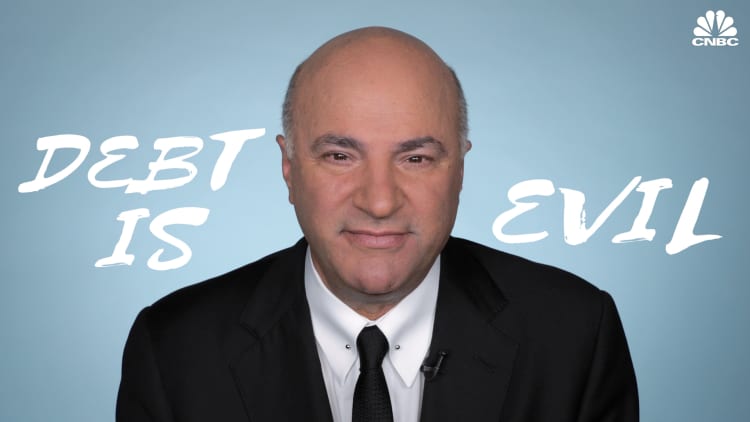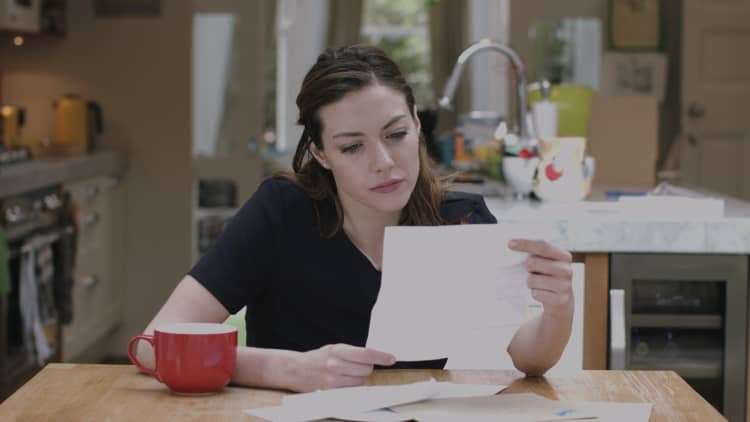The average refund so far this year is $2,873, the IRS reports, and one in five people plan to spend the majority of it. While that windfall can go a long way toward paying for a dream vacation, experts say there are smarter ways to use it.
Not to be a buzzkill, but this is your money you're getting back now because you overpaid the government over the course of the year: "It's not really extra money," Rob Williams, vice president of financial planning at Charles Schwab, tells CNBC Make It.
That's why it makes sense to put your tax refund to work in your savings and investing accounts, rather than spending it on something you want in the short term. But where should you start?
Here are 3 ways experts say you can use your refund like a pro.
Pay down 'bad debt'
If you're carrying a balance on your credit cards or other high-interest loans, start there. "Eliminating your debt ... makes it easier to reach your financial goals," Williams says.
Credit card debt is considered "bad" because it typically comes with high interest rates. Plus, it's usually used for things that lose value over time, such as clothing and electronics.
"Bad debt just creeps up on you and will often last longer than the things you purchased," California-based advisor David Rae tells CNBC Make It. "For example: dining out. You will be hungry again long before that credit card bill is received, let alone paid off."

Boost your emergency savings
If you've paid off your debt and you still have money left over, it's time to build up your savings. Most experts recommend that you have three to six months of living expenses set aside in an account earmarked for emergencies.
Williams says that while your money won't grow much in a basic savings account, having some cash ready for unexpected situations will help you avoid expensive credit card purchases. If you really want to make your money work for you, keep your emergency fund in a high-yield online savings account like Ally's, which is currently paying 2.2% APY.
An emergency fund is "going to be a buffer between you and high-cost credit card debt," says Ted Rossman, an industry analyst for CreditCards.com.
Max out your retirement accounts
Invest in your future self: Put extra money in a retirement account.
Even if you're contributing to your employer-sponsored 401(k) or other workplace retirement account, you can also set up an individual retirement account (IRA). Try to contribute up to the IRS maximum, Williams says, which is $6,000 in 2019, plus an extra $1,000 if you're over the age of 50.
Eliminating your debt...makes it easier to reach your financial goals.Rob Williamsfinancial planning expert with Charles Schwab
For most people, this will use up the remainder of your tax refund. If you've still got money to play with, though, "you may consider saving for the down payment on your home or making an extra payment or two on your mortgage or student loans," Williams says. While mortgages and student loans are considered to be "good debt" because they provide future value, you ultimately want to get out of debt altogether.
Then it's time to think about putting that money toward other savings goals, such as buying a home or saving up for your children's education through a 529 college savings plan.
If you're getting a large tax refund this year, you might want to consider adjusting the amount withheld from your paycheck next year by updating your W-4 form on file with HR. You'll keep more of your money every paycheck instead of giving the government an interest-free loan.
Don't miss: 60 percent of millennials don't have enough money to cover a $1,000 emergency
Like this story? Subscribe to CNBC Make It on YouTube!




